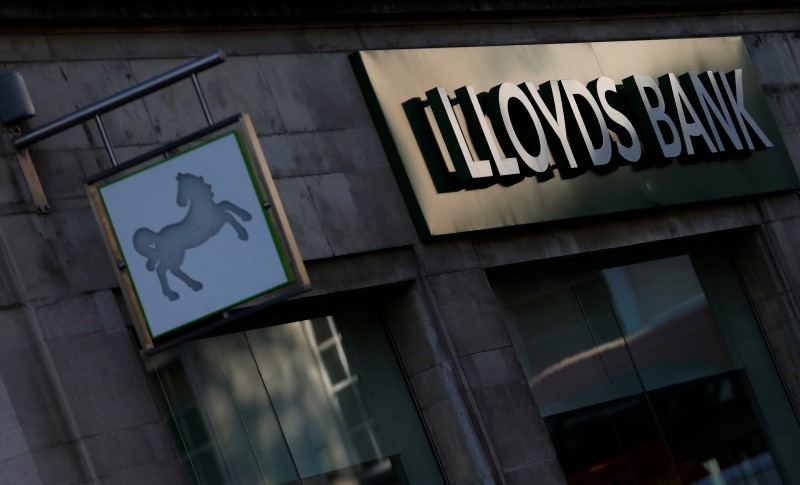By Sinead Cruise
LONDON (Reuters) - Fledgling lenders aiming to boost competition in Britain's banking industry face sharp rises in their tax bills after the UK's top competition watchdog said that a one-size-fits-all approach to taxing the sector is not anti-competitive.
The Competition and Markets Authority (CMA) said its investigation into the retail banking market found "no strong evidence" that a corporation tax surcharge (CTS) on all banks making profit of more than 25 million pounds ($34.6 million) would deter new entrants, stifle their growth or drive small lenders out of business.
"The six largest retail banks will continue to pay higher effective rates of tax than smaller banks," the CMA said, rejecting concerns of the so-called challenger banks, who claim that the new system hits them disproportionately.
"The 25 million (pound) threshold for the CTS has resulted in many smaller banks and most mutuals being exempt," the CMA added.
The new regime replaces an unpopular 0.21 percent levy on bank balance sheets, which was introduced in the wake of the 2008 financial crisis and applied to large banks deemed to present material risk to Britain's economic stability.
Chancellor of the Exchequer George Osborne last year announced plans to reduce the annual levy and introduce an 8 percent surcharge on profits in response to calls for a revamp in the way Britain taxes the sector's biggest players, including HSBC (L:HSBA), Lloyds Banking Group (L:LLOY) and Barclays (L:BARC).
News of the CMA's position comes as a blow to recent entrants to the market, who say the new system contradicts the government's commitment to giving borrowers greater choice and broadening the number of capital providers in Britain's economy.
MARKET DOMINANCE
Personal banking and lending to small-to-medium businesses is dominated by Lloyds, RBS (L:RBS), Barclays and HSBC, which control more than three quarters of personal current accounts and provide nine out of every 10 business loans.
A slew of new and niche banks are bidding to poach market share from the blue-chip lenders, including Secure Trust (L:STBS), Virgin Money (L:VM), Aldermore (L:ALD), Shawbrook (L:SHAW), Tesco Bank (L:TSCO), Sainsbury Bank (L:SBRY), Paragon (L:PARA) and Metro Bank.
But Rishi Khosla, CEO and founder of OakNorth Bank, said it is inevitable that the CTS will make it tougher for challengers to compete.
"Any new player considering entering the market, or any investor considering investing in the sector, will be deterred because it has suddenly become 8 percent less attractive," Khosla said.
In submissions to the CMA investigation, one unnamed lender said the changes would reduce the investment appeal of new banks relative to more tax-efficient financial technology start-ups. Another lender warned that product prices might have to rise to offset the higher tax liabilities and provide the returns demanded by investors.
The CMA acknowledged that the full impact of the changes may take time to emerge and said it would monitor how smaller lenders cope with the new tax regime.
"In our opinion, this is the wrong way round. The CMA has recognised that it could have an impact and that smaller banks would be most affected, so it should address this proactively and get on the front foot before it has a detrimental impact," OakNorth's Khosla said.
($1 = 0.7217 pounds)

(An earlier version of this story was updated to make clear that the CMA does not endorse the new tax regime but does not find it anti-competitive))